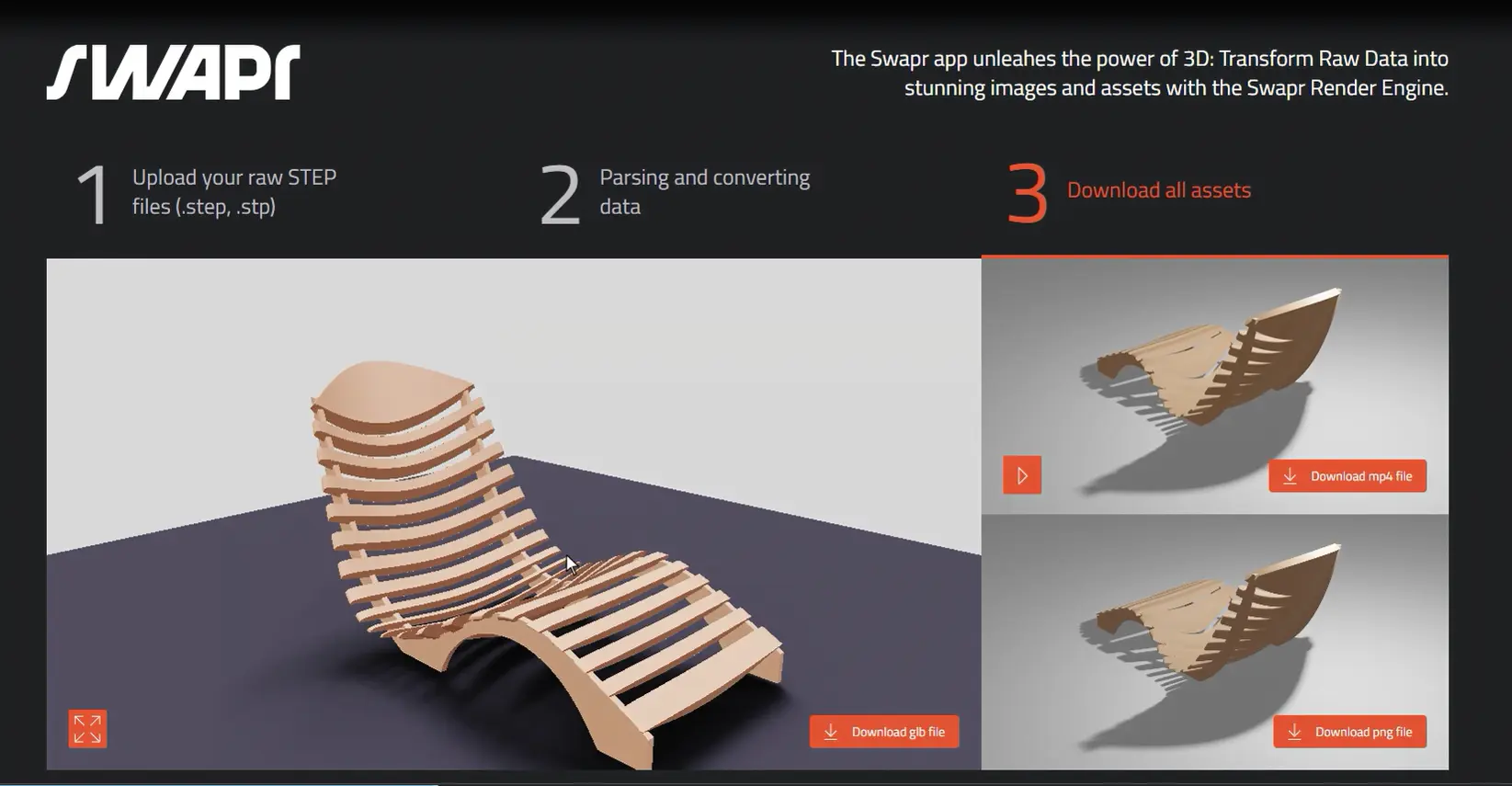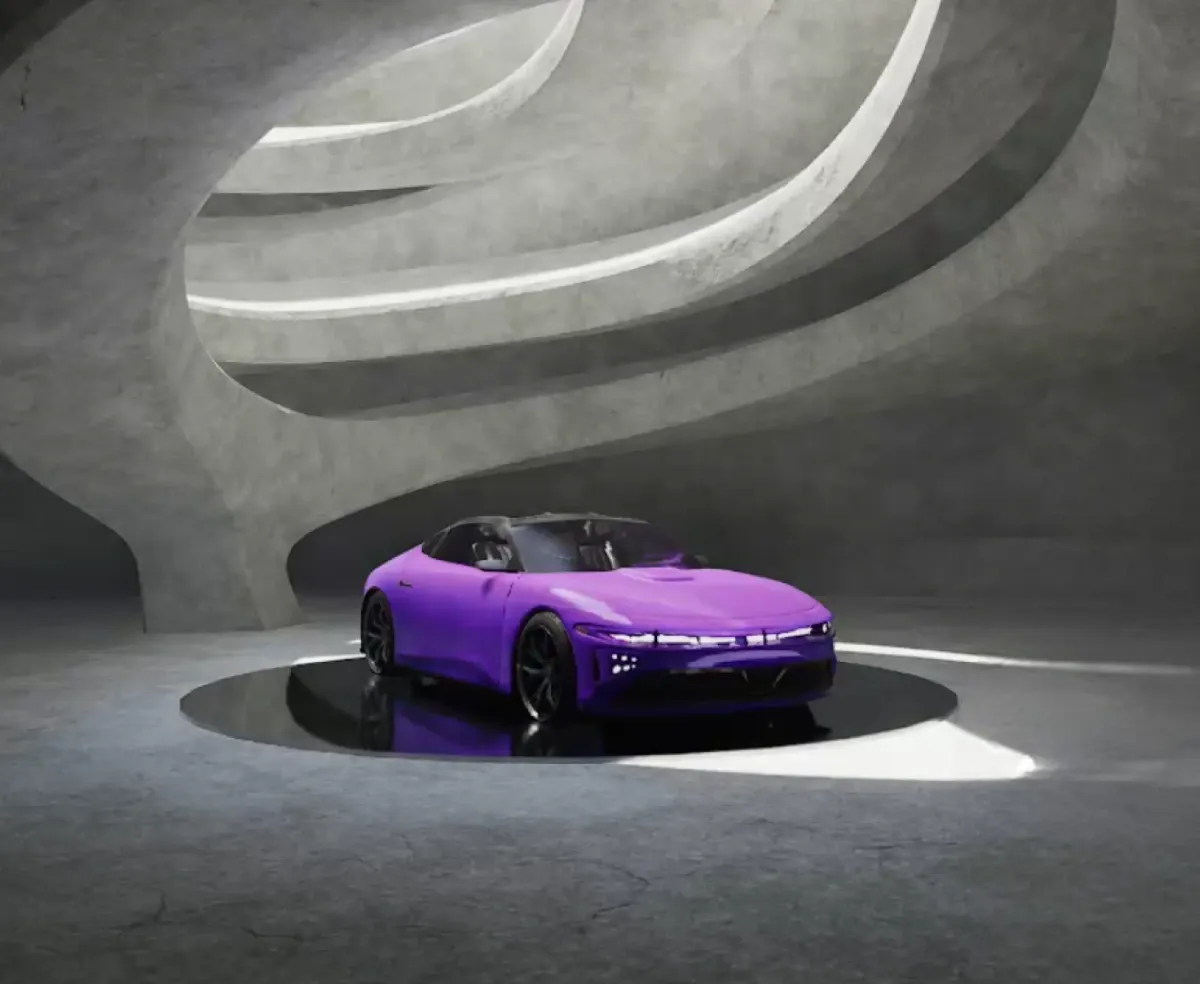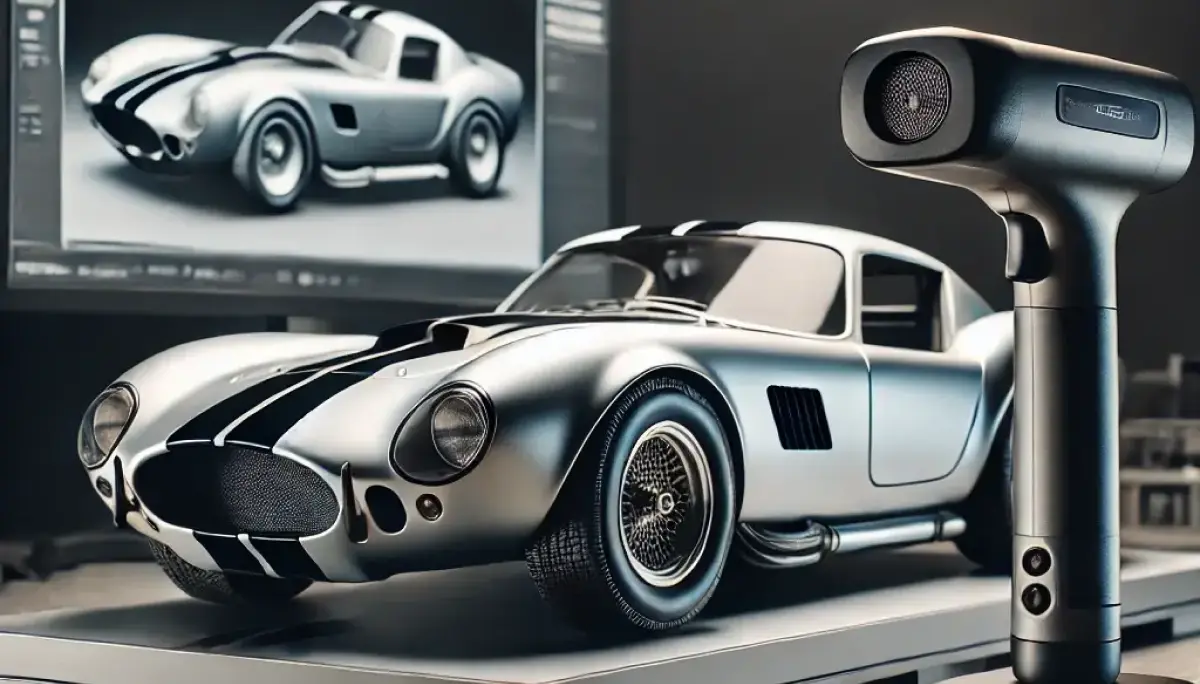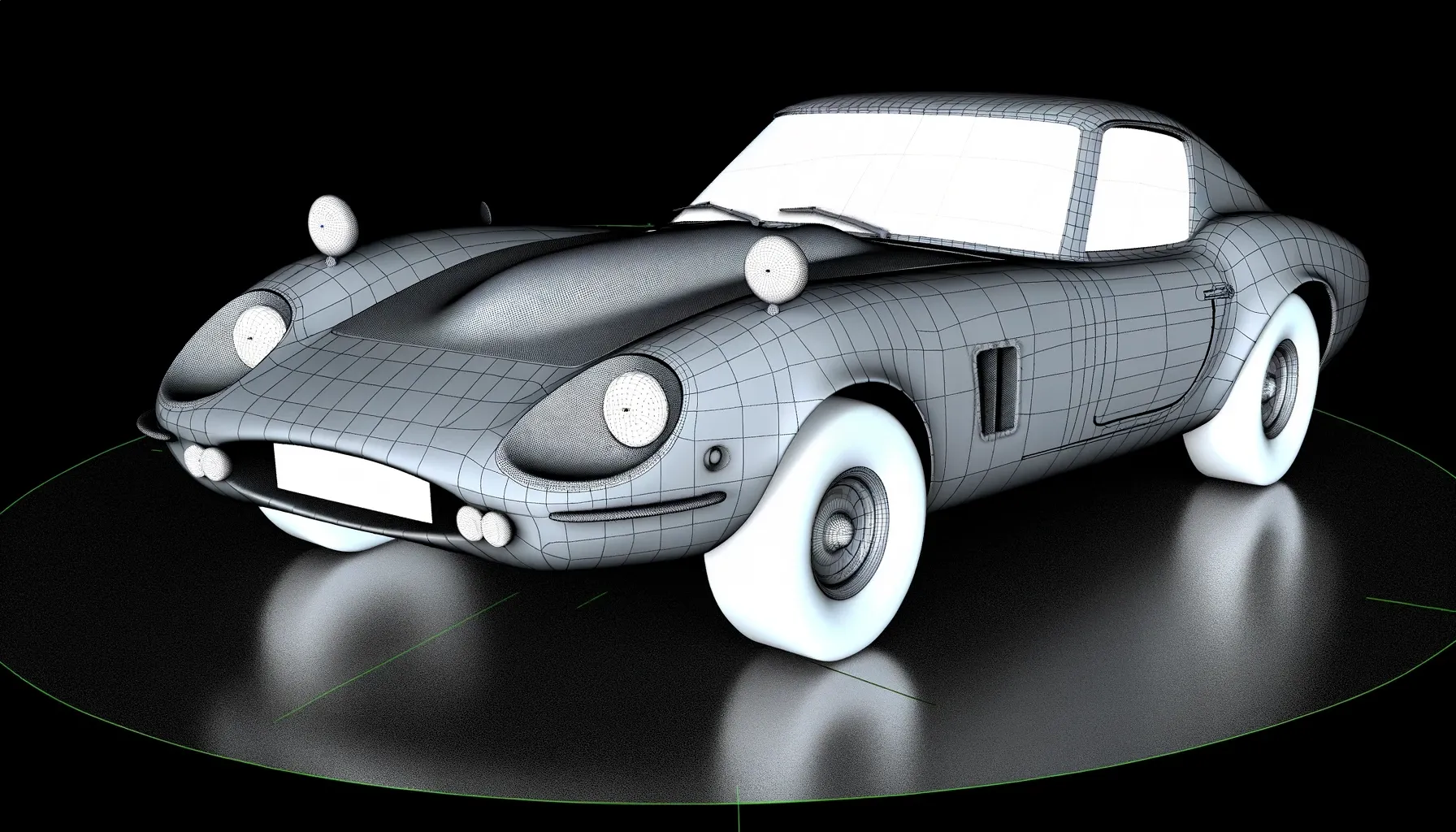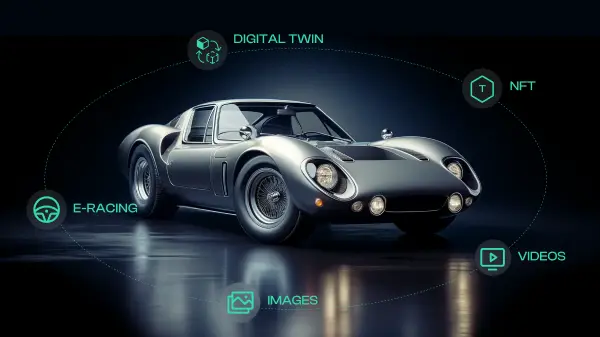Overview
Virtual Showroom
There are various options for creating immersive digital experiences and presenting products and services in virtual showrooms - all with specific advantages and disadvantages.
| Virtual tour | Web native | Streaming | Existing Metaverses | |
|---|---|---|---|---|
| Service Type | Component on website | Component on website | Component on website | 3rd party app |
| Control (assets, access, infrastructure) | ||||
| Visual quality | ||||
| Avatars & interaction | ||||
| Responsiveness | ||||
| Mobile device support | ||||
| Cost | Project cost | Project cost | Project cost plus fee per streaming minute (and potentially base fee) | Project cost, fee for metaverse provider |
| Hosting | General hosting provider | General hosting provider | Unreal pixel streaming hosting provider | Hosted at 3rd party provider |
| Explore more | Explore more |
Use Case
swapr
An essential prerequisite for staging products is that the 3D data can be used on the website or in the shop. Many companies have 3D files that cannot be used for web applications. In collaboration with the brand agency Trufflebay, we have developed swapr, an online service that converts industrial 3D files into various output formats and automates the creation of multi-angle images, video sequences and interactive web formats.
